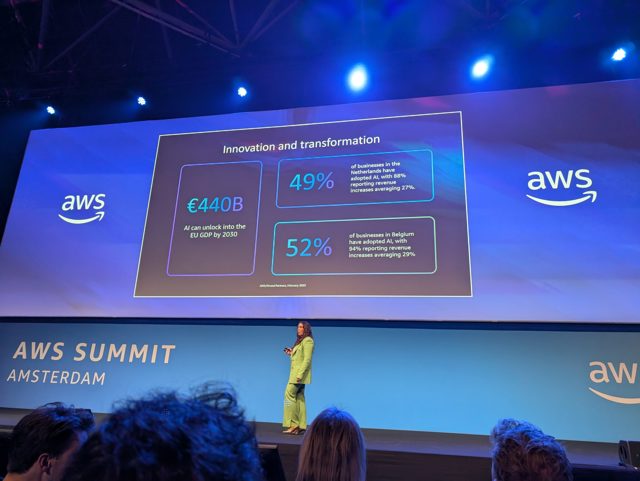April 3 2024
Gravitation grant for challenges in cyber security
Cyber security is often portrayed as an educational problem or a resource problem, shifting blame to users, system administrators, or budget holders limiting system administrators’ capabilities. However, there remain many unsolved difficult problems that require coordinated scientific investigation. The "Challenges in Cyber Security" project brings together top researchers from the hard sciences areas of cyber security to tackle these hard open problems. Led by Eindhoven University of Technology, it has been awarded 21.5 million euros for a 10-year program. UvA scientists Christian Schaffner from the (TCS) group, Zoltan Mann, Francesco Regezzoni, Kostas Papagiannopoulos, and Karst Koymans from the Complex Cyber Infrastructure (CCI) group at the Informatics Institute are also involved in the project.
Christian Schaffner expresses his excitement: "I’m really excited to get started on this big cybersecurity project. Together with the other consortium partners from TU/e, VU, RU, and CWI, we are taking a systematic approach to ensure our cyber systems are secure. For example, we address long-term security by looking ahead to the time when quantum computers could break the encryption that keeps our online data safe right now. Even though that might be years away, bad actors could collect encrypted information today and crack it open later when they have the right tools. So, we’re getting ahead of the game to protect our data for the future."
The "Challenges in Cyber Security" project exemplifies how advanced science and collaboration can lead to significant advances in protecting against cyber threats.
Read the full article on the UvA website.
Vergelijkbaar >
Similar news items

April 16, 2025
AWS: Dutch businesses are adopting AI faster than the European average
read more >

April 16, 2025
Submit your nomination for the Dutch Applied AI Award 2025
read more >

April 16, 2025
UK government tests AI to predict murders
read more >